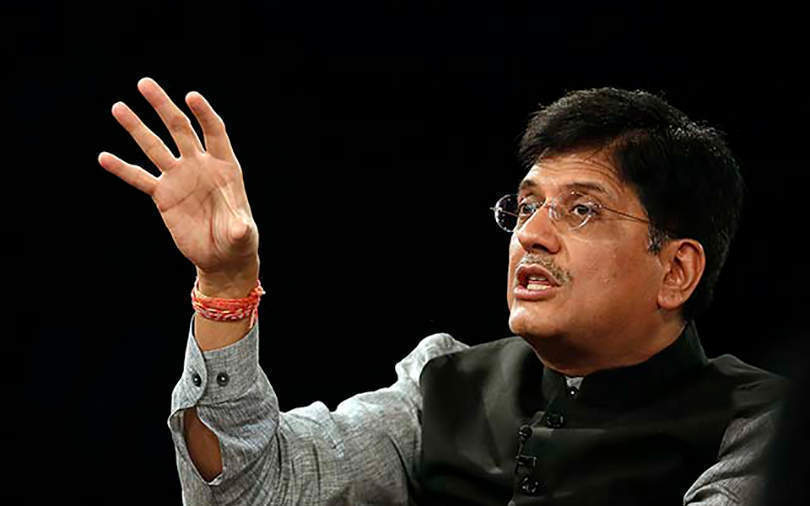
Policy Wrap: Piyush Goyal says no ecommerce watchdog; zero MDR spooks fintechs


While, payments companies continued to distress over finance minister Nirmala Sitharaman’s Budget 2019 proposal to levy zero MDR or merchant discount rate (a fee that banks charge merchants for payments made through credit or debit cards), ecommerce players had reason to cheer when the government ruled out the setting up of an ecommerce regulator.
Catch up with the all the important policy related developments from this week.
No watchdog for ecommerce

The government will not form a central ecommerce regulatory authority to monitor activities in the sector, Piyush Goyal, minister for commerce and industry, said in written response to a query raised in the Lok Sabha. He cited the inter-ministerial nature of various provisions that govern ecommerce, adding that malpractices and deep discounting by the platforms are checked by existing guidelines on Foreign Direct Investment in ecommerce through Press Note 2 and 3.
“Owing to the cross-cutting nature of ecommerce, different laws and regulations across sectors govern the present ecommerce activities, some of which are; Income Tax Act, 1961, Consumer Protection Act, 1986, Information Technology Act, 2000, Foreign Exchange Management Act, 2000, Payment And Settlement Systems Act 2007, Companies Act, 2013 and laws related to Goods and Services Tax,” said the response by the minister.
The Confederation of All India Traders (CAIT) and a few other industry lobbies were keen on creating a central ecommerce watchdog to check violations of provisions listed in Press Note 2, released by the Department for Promotion of Industry and Internal Trade (DPIIT) which came into effect in February this year.

Aadhaar and Other Laws (Amendment) Bill passed
On Monday the Aadhaar and Other Laws (Amendment) Bill was passed by the upper house of parliament, which allows for citizens to use their 12-digit identity voluntarily for Know Your Customer (KYC) services. The services are available for banks and telecom companies though it continues to be blocked for private entities as a result of the September 2018 judgement by the Supreme Court which prevents private entities from using Aadhaar for eKYC.
The bill also allows the Unique Identification Authority of India (UIDAI) to impose a penalty of upto Rs 1 crore on entities which do not comply with the norms. The bill replaces the eponymous ordinance introduced in March.

Taxation of ESOPs to be reviewed by government
According to reports, the finance ministry will review the taxation of Employee Stock Ownership Plans (ESOPs) for startups, based on a recommendation made by the DPIIT. Under the current norms, ESOPs are taxed when the shares get vested, though the employee might continue to hold on to them. Under the new norms, ESOPs will be taxed at the time of actual sale of shares by the employees.
ESOPs form an important component of the compensation offered by high growth companies and startups to attract talent, who can benefit from the growth of the business in the long term. Given that liquidity options from the sale of shares held by employees become a reality only after multiple rounds of institutional funding, taxation at the time of vesting ESOPs becomes a burden for those holding shares in the company.

Zero MDR rattles payment companies
The government’s directive to banks to absorb the cost of Merchant Discount Rate (MDR) has shaken payment industry players who have come together to ask the government to reconsider the move. Digital payments ecosystem players say that it leaves no incentive for ‘acquirers’ to bring more merchants on board and will spook investors in the growing fintech space in India.
Payments industry body Payments Council of India (PCI) has indicated that zero MDR will hinder the growth of fintech startups and places undue pressure on non-bank partners if banks decide on recovering MDR from them.

